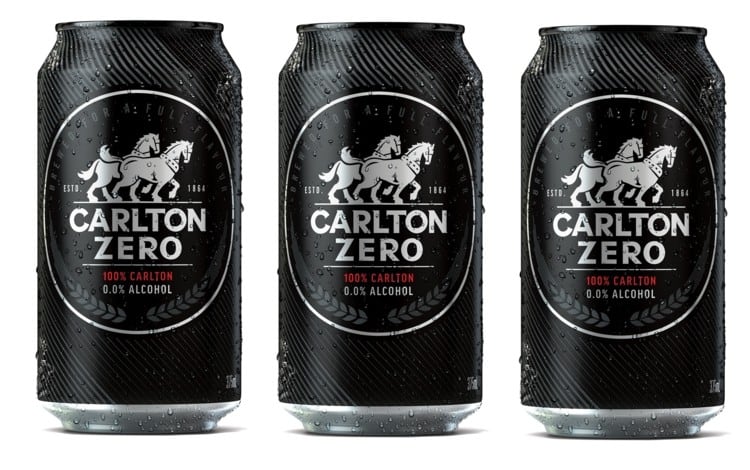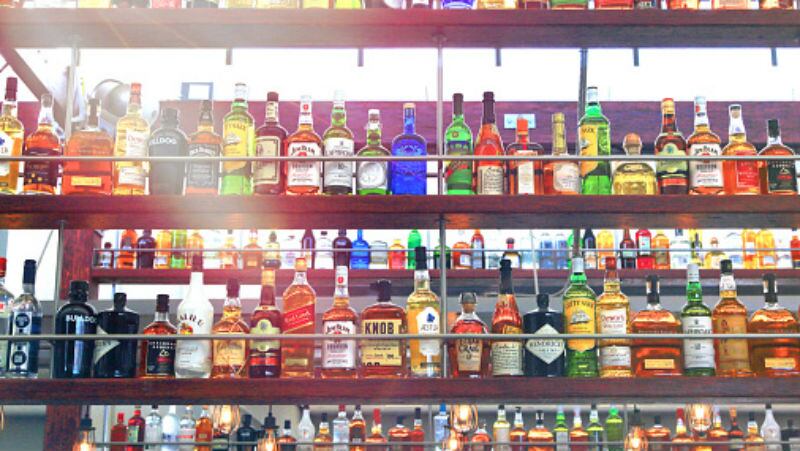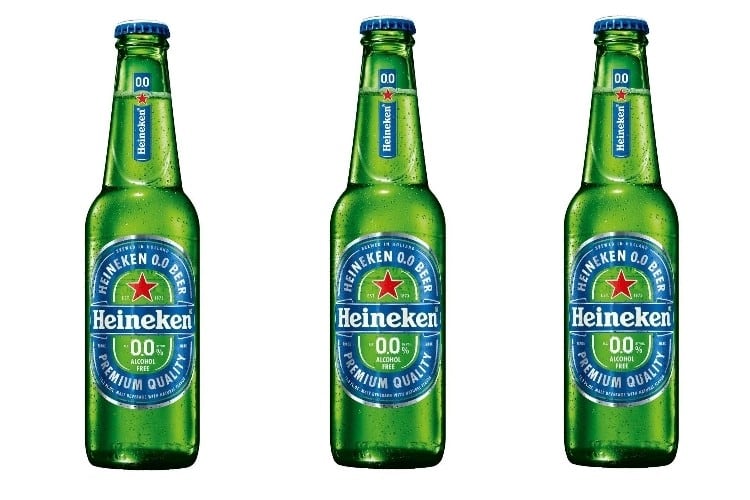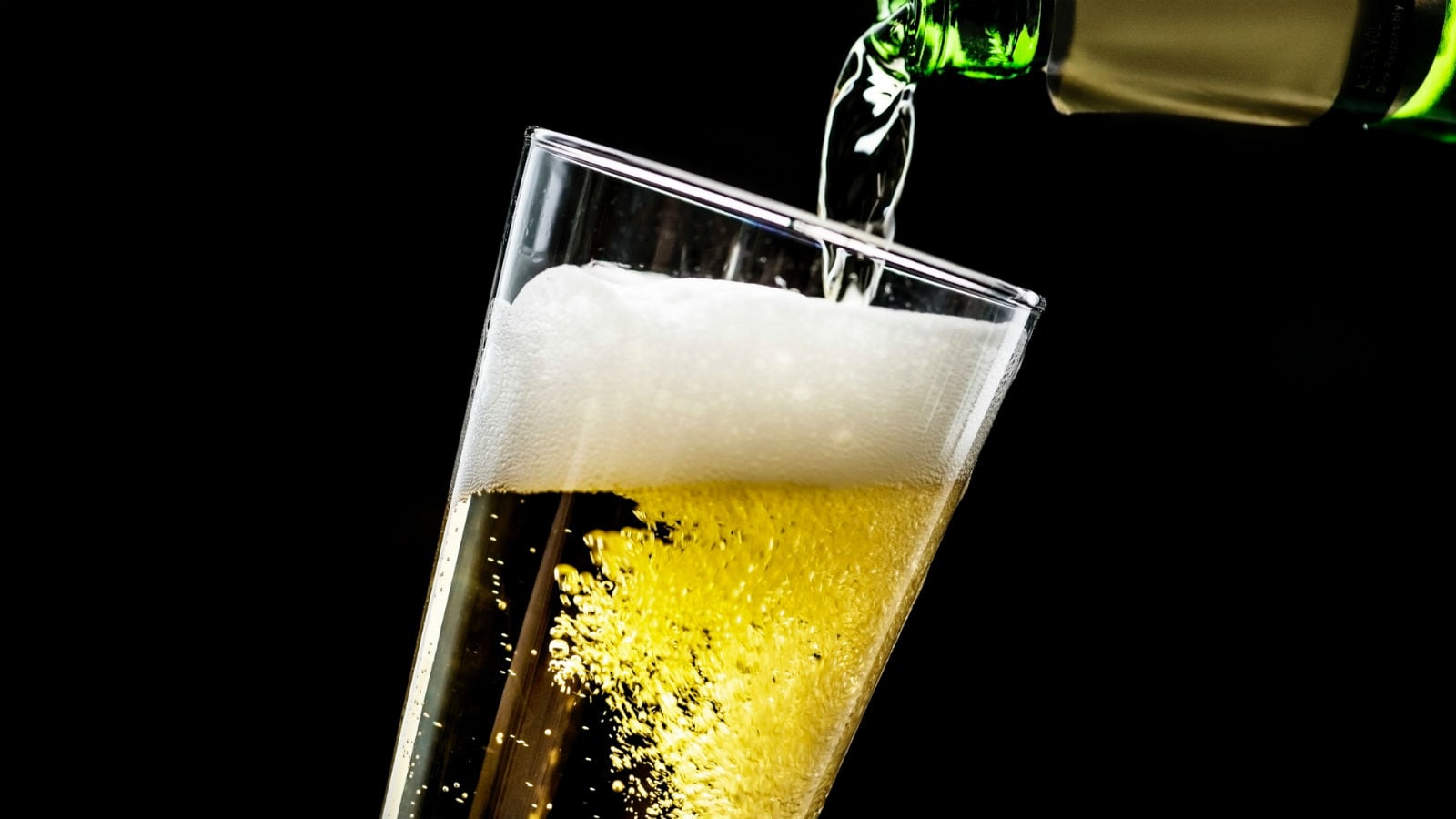Similar to competitors AB InBev with its Budweiser 0.0 and Hoegaarden 0.0 (though both are not yet available in Australia) and Heineken with its Heineken 0.0, Carlton Zero is made by removing the alcohol from the beer at the end of the manufacturing process.
A key message carried by the campaign is that Carlton Zero contains 10 times less sugar (2.3g per can) than most regular soft drinks.
“Adults want alternatives to sugary soft drink and this campaign highlights that Carlton Zero has 10 times less sugar than regular soft drink,” CUB CEO Peter Filipovic said in an official statement.
According to CUB numbers, Carlton Zero has seen some A$10mn (US$6.9mn) in sales since it was launched last September.
“Carlton Zero is driving a non-alcoholic beer revolution in Australia, with bottle shop sales of non-alcoholic beer increasing 13-fold in the six months after Zero’s launch compared to the same period a year earlier,” said the company.
“Non-alcohol, low alcohol and mid strength beer now make up a quarter of CUB sales.”
Filipovic added that: “[Carlton Zero’s] enormous success proves drinkers have been crying out for a non-alcoholic beer that actually tastes like beer.”
The advertisement ad will start airing on television this month, whereas a radio and digital campaign will soon follow.
Irresponsible and unacceptable?
Although CUB has claimed that ‘Carlton Zero is marketed to adults in strict accordance with the Alcohol Beverages Advertising Code’, dissenters have criticised this campaign as a marketing ploy targeting the younger generation.
CEO of the Foundation for Alcohol Research and Education Michael Thorn told The Herald that: “Pushing this beer brand into the health consumer market is deliberately deceptive, and is completely unacceptable and irresponsible.”
He described the campaign as a ploy to ‘groom the next generation of drinkers’ and a ‘veiled push to market alcohol brands to kids’.
“This beer product is virtually indistinguishable from full-strength beer, with the same logos, branding and packaging.”
Similar concerns have previously arisen in Thailand, so much so that the government there is putting together a special working group to look into the rules and regulations surrounding the governance of such beers.
Dr Nipon Chinanowet, Director of the Office of Alcohol Control Committee said that: “If it’s advertised as an alcohol-free malt beverage, there’s no problem, but if it’s advertised as an alcohol-free beer, we have to examine the intention and whether the advertising is breaking any law.”
Global alcohol consumption on the rise, Australia numbers stabilised
A recent study published in The Lancet revealed that alcohol intake globally has been on the rise since 1990, from 5.9 litres per year per adult to 6.5 litres in 2017, and estimated to hit 7.6 litres in 2030.
Based on a study of 189 countries’ alcohol intake, the study also predicted that by 2030 half of all adults will drink alcohol, and 23% will binge drink at least once a month.
According to study author Jakob Manthey, “Before 1990, most alcohol was consumed in high-income countries [such as Australia].”
“However, this pattern has changed substantially, with large reductions across Eastern Europe and vast increases in several middle-income countries such as China, India, and Vietnam.”
Statistics from the Government of South Australia website show that alcohol use in the country has remained more or less stable over the past 10 years.
As of 2016, the national percentage of Australians that had consumed at least one full serve of alcohol in the past 12 months was 77.5%.





